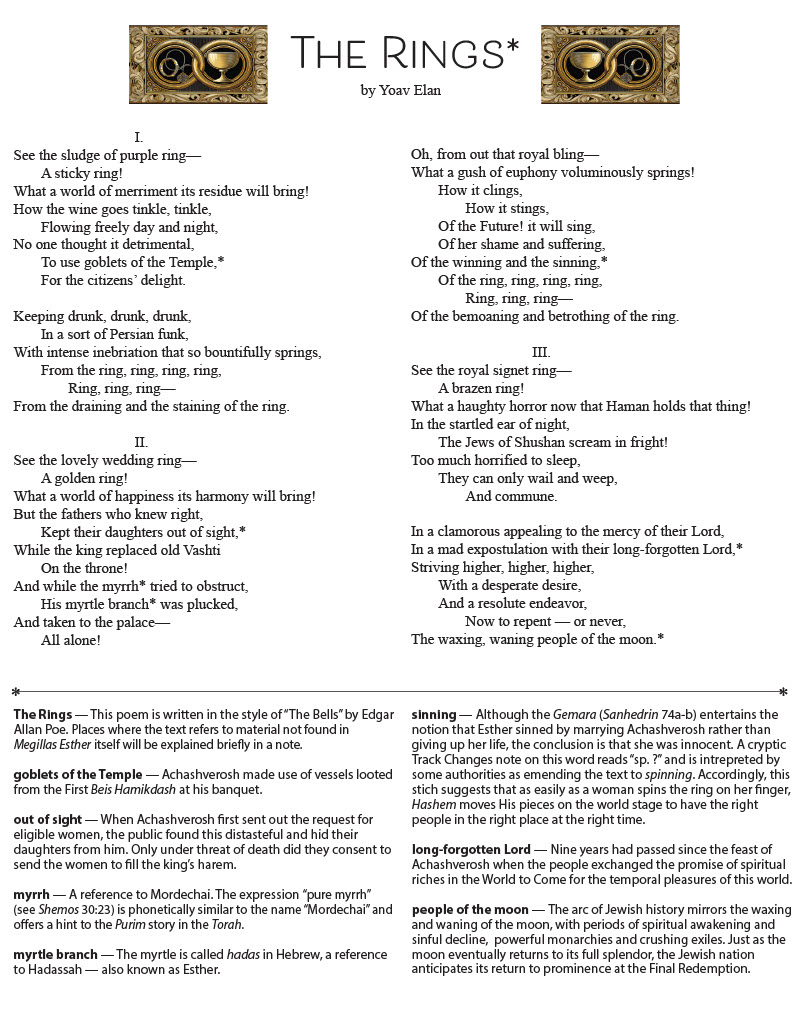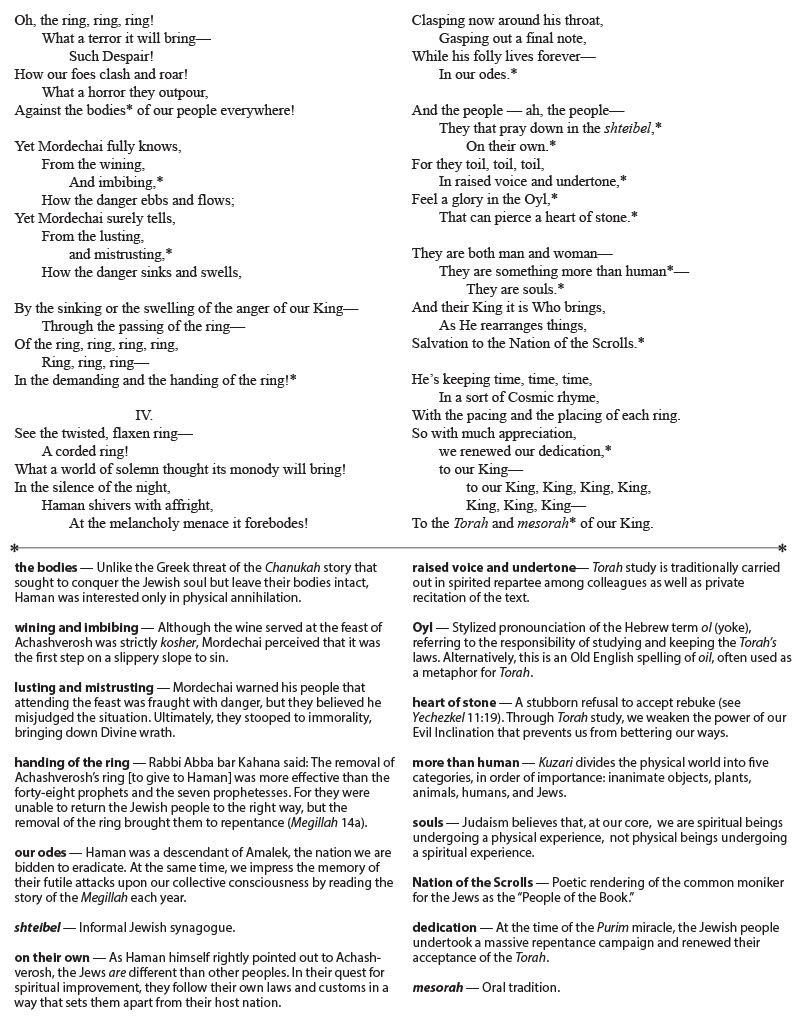Real Parenting: A Deeper Look

Dear Rabbi Hochberg,
My parents never had the greatest marriage, and now that they’re getting older, things are getting progressively worse. I am often at the receiving end of their gripes about each other, and I’m never quite sure how to respond. I tend to sympathize with my father’s complaints about my mother, which are usually well founded (“She yells at me” or “She criticizes me publicly”). I tend to find my mother’s complaints ridiculous (“He always buys the wrong brand of coffee” or “He leaves his newspapers open on the couch all the time”). Both my parents are equally bitter in their complaints, and I don’t know how to answer in a way that is respectful and also helpful.
There is no chance that they would discuss their issues with anyone outside our immediate family, so going to counseling or a Rav is not an option. Should I empathize with the suffering parent? Try to defend the parent being complained about? Change the subject? And should my reaction depend on whether the complaint is valid?
Not Sure


















